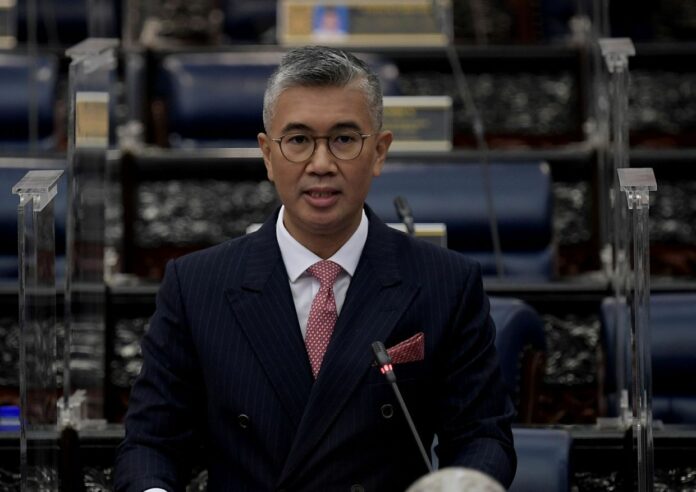KUALA LUMPUR, July 19 — The implementation of targeted subsidies will be carried out in phases to prevent a sharp rise in inflation or an adverse impact on the economic growth momentum, according to Finance Minister Tengku Datuk Seri Zafrul Abdul Aziz.
He noted the government’s approach on chicken prices whereby, to reduce market distortion, it raised the ceiling price by only 50 sen per kilogramme (kg) while providing additional cash aid to the B40 households.
“In line with this approach, the government will not raise petrol prices directly to the unsubsidised market prices in view of the (potential) impact on inflation although the RON95 price, at RM2.05 per litre, is about 50 per cent lower than the actual price without subsidy,” he said during the Minister’s Question Time session in the Dewan Rakyat today.
He was replying to a supplementary question from Wong Hon Wai (PH-Bukit Bendera) who wanted to know about measures taken by the government to ensure the prices of goods and inflation remained under control with the introduction of targeted subsidies.
Tengku Zafrul said Malaysia’s inflation could be considered moderate following the government’s enforcement of price controls on basic goods and services, especially by providing subsidies on fuel and selected food items as well as electricity subsidy.
“The government is still in the early stages of testing the targeted petrol subsidy mechanism. This will be followed by more extensive testing using several other methods and evaluation of the mechanism’s feasibility for both the urban and rural areas,” he said.
The finance minister added that the development and testing of the targeted subsidy system would take three to six months before it could be rolled out nationwide.
















